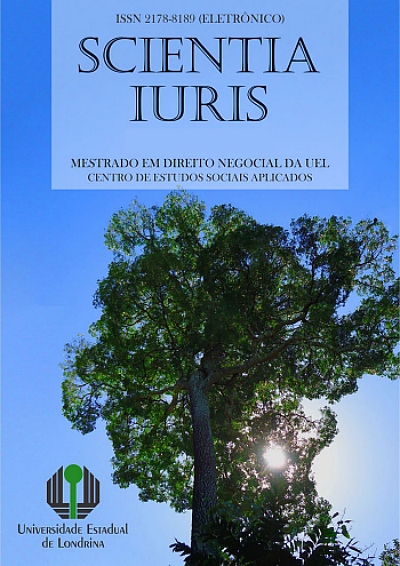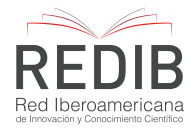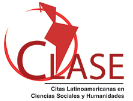The ultracycle of contemporary slavery: Analysis of “Workers of Brasil Verde Farm v. Brazil”
DOI:
https://doi.org/10.5433/2178-8189.2018v22n2p43Keywords:
Contemporary slavery. Brasil Verde Farm. Inter-American Court of Human Rights. Theory of autopoietic systems. Ultracycle.Abstract
This article aims to carry out a socio-juridical-theoretical analysis of contemporary slave labor. As a hypothesis, it must be understood that, in today's society, which is complex and globalized, the comprehension of slavery must start from considerations that do not belong only to the juridical sphere, and an analysis must be made from the reflexivity between the various social systems involved in the issue, since contemporary slavery is a global and complex occurrence, but now, with communicative processes far superior when compared to that one that once occurred. Specific objectives: i) to make considerations about the theory of autopoietic systems for the analysis of human rights; ii) to compare modern slavery to the present one, in the Brazilian scenario; iii) to detail the illustration of contemporary slavery with the analysis of the case "Farm Workers Brasil Vs. Brazil”, judged by the Inter-American Court of Human Rights; iv) to analyze the presented cases from the theory of autopoietic systems, paying special attention to the reflexivity between the legal, political and economic systems, mainly. Methodology: systemic-constructivist.Downloads
Download data is not yet available.
Downloads
Published
2018-07-31
How to Cite
Fornasier, M. de O., & Tondo, A. L. (2018). The ultracycle of contemporary slavery: Analysis of “Workers of Brasil Verde Farm v. Brazil”. Scientia Iuris, 22(2), 43–84. https://doi.org/10.5433/2178-8189.2018v22n2p43
Issue
Section
Artigos
License
Copyright (c) 2022 Scientia Iuris

This work is licensed under a Creative Commons Attribution 4.0 International License.
The journal reserves the right to modify, in the original text of the submitted article, normative, spelling and grammatical mistakes in order to maintain the cultured standard of language and the credibility of the journal. The journal will respect the authors' writing style. Changes, corrections or suggestions of conceptual order will be sent to the authors, when necessary. In such cases, the articles will be re-examined. The final exams will not be sent to the authors. The published works become the property of the journal, in other words, its total or partial reprinting is subject to the express authorization of the journal. In all subsequent citations, the original source of publication shall be cited and in the case of Photographic Speeches, shall be approved by the original author. The opinions expressed by the authors of the journal’s articles are of their sole responsibility.















